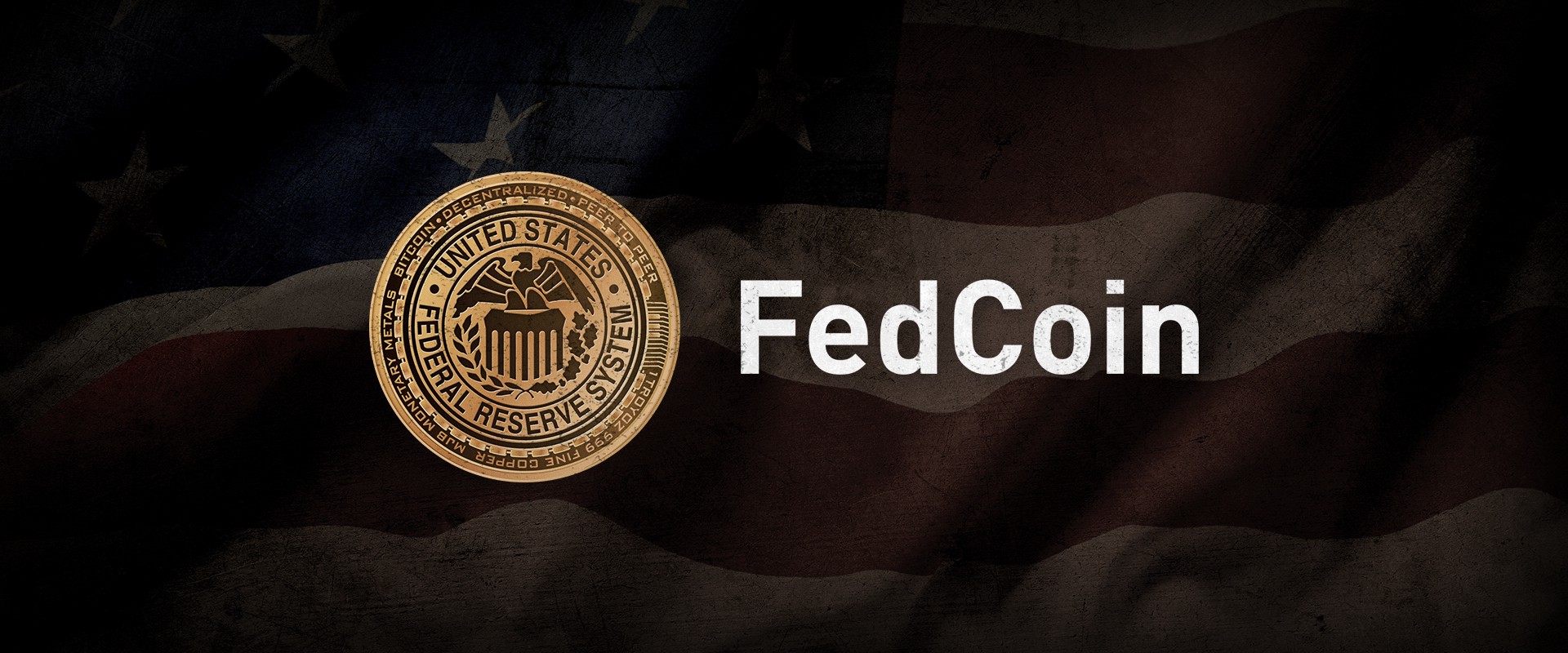PALO ALTO, Calif. (Reuters) - The Federal Reserve is looking at a broad series of issues around digital payments and currencies, consisting of policy, style and legal considerations around potentially issuing its own digital currency, Guv Lael Brainard said on Wednesday. Brainard's remarks recommend more openness to the possibility of a Fed-issued digital coin than in the past." By changing payments, digitalization has the possible to deliver greater worth and convenience at lower cost," Brainard stated at a conference on payments at the Stanford Graduate School of Organization.
Reserve banks globally are discussing how to handle digital finance innovation and the dispersed ledger systems used by bitcoin, which assures near-instantaneous payment at potentially low cost. The Fed is developing its own day-and-night real-time payments and settlement service and is currently reviewing 200 comment letters sent late in 2015 about the suggested service's style and scope, Brainard said.
Less than 2 years ago Brainard informed a conference in San Francisco that there is "no engaging demonstrated need" for such a coin. However that was before the scope of Facebook's digital currency aspirations were commonly understood. Fed officials, consisting of Brainard, have actually raised concerns about customer defenses and information and personal privacy risks that might be posed by a currency that could come into use by the 3rd of the world's population that have Facebook accounts.
" We are working together with other reserve banks as we advance our understanding of reserve bank digital currencies," she stated. With more nations checking out providing their own digital currencies, Brainard stated, that includes to "a set of factors to also be making sure that we are that frontier of both research study and policy advancement." In the United States, Brainard said, problems that need study consist of whether a digital currency would make the payments system more secure or simpler, and whether it might pose monetary stability dangers, including the possibility of bank runs if money can be turned "with a single swipe" into the reserve bank's digital currency.

To counter the financial damage from America's extraordinary nationwide lockdown, the Federal Reserve has actually taken extraordinary actions, consisting of flooding the economy with dollars and investing straight in the economy. Most of these moves got grudging approval even from lots of Fed skeptics, as they saw this stimulus as needed and something only the Fed might do.
My new CEI report, "Government-Run Payment Systems Are Risky at Any Speed: The Case Versus Fedcoin and FedNow," details the dangers of the Fed's present plans for its FedNow real-time payment system, and proposals for main bank-issued cryptocurrency that have been called Fedcoin or the "digital dollar." In my report, I talk about issues about privacy, data security, currency adjustment, and crowding out private-sector competitors and innovation.
Advocates of FedNow and Fedcoin say the federal government should develop a system for payments to deposit instantly, rather than motivate such systems in the private sector by raising regulative barriers. But as kept in mind in the paper, the economic sector is offering an apparently endless supply of payment innovations and digital currencies to solve the problemto the extent it is a problemof the time gap in between when a payment is sent and when it is gotten in a checking account.
And the examples of private-sector development in this location are numerous. The Cleaning House, a bank-held cooperative that fedcoin price has been routing interbank payments in various kinds for more than 150 years, has actually been clearing real-time payments because 2017. By the end of 2018 it was covering 50 percent of the deposit base in the U.S.